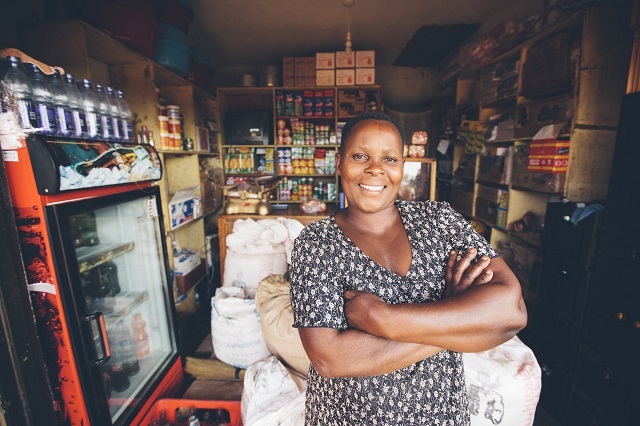Long-term capital ensures long-life for the business Kampala, Uganda | THE INDEPENDENT | Financial experts have blamed the collapse of many companies over the last one year to the kind of capital that most of them use to run their activities.
According to the Capital Markets Authority-CMA, the most common source for medium and large scale enterprises are commercial banks, while micro and small businesses get capital from personal savings, friends and relatives and recently savings credit organisations.
CMA says large companies can easily attract new capital even though some of them also collapse, but that SMEs are more vulnerable to shocks. Other causes of failure include the unwillingness of Ugandans to expand shareholding in the companies, preferring to have them as personal property. But even then, family businesses by Ugandans hardly survive beyond the founder according to the experts.
“The succession of businesses in manufacturing entities in Uganda; both at the governance and shareholding level is largely focused on families with little or no interest to include more members outside their families,” says Deo Kyemba, the vice chairman of Uganda Manufacturers Association.
The Chartered Financial Analysts Society East Africa, and the CMA say they have launched sensitization campaigns for SMEs to go for what they call patient capital. This includes bonds, selling of equity to strategic investors or issuing of shares through the securities exchange. A bond is where a company invites willing investors to lend its money for a specified duration and interest, after which it will be recovered, and the lenders paid back.
CMA Director for Research and Market Development Dickson Ssembuya says that many Ugandan companies have no interest in going for the patient capital because most of it requires formalization of operations and proper books of accounts. While many intentionally avoid meeting these requirements, some have limited capacity to achieve them.
Ssembuya says however that for example, the sale of equity can also attract an investor who will help the company to raise its capacity to meet the formalities without impacting on the capital of the business. He says that following the pandemic, it is expected that many lenders become cautious about lending, but that business that is in resilient sectors can easily acquire capital.
Sembuya therefore argues that there is ready patient capital for businesses that are at the takeoff stage and in areas that were not heavily affected by the COVID-19 pandemic.
Manufacturing companies that have raised capital through issuing […]
